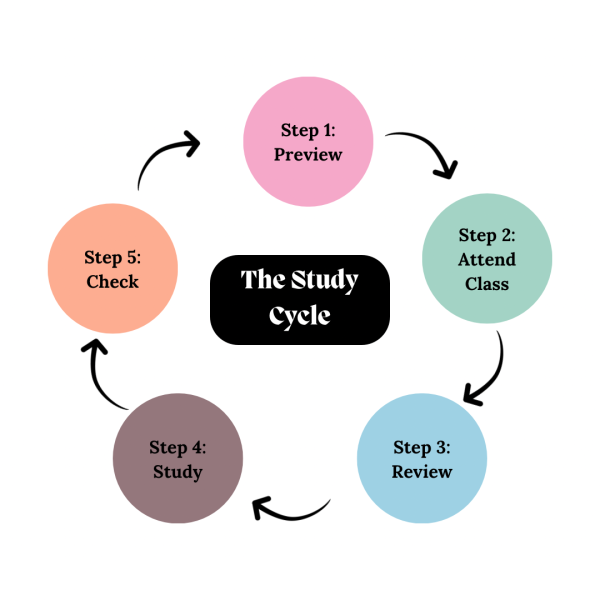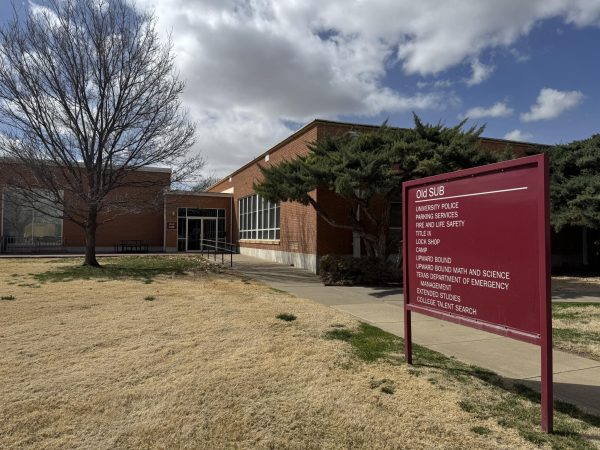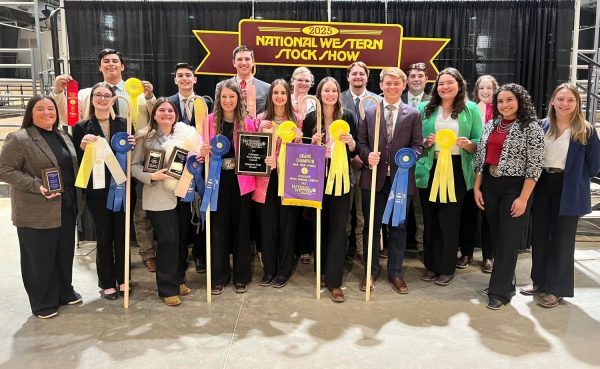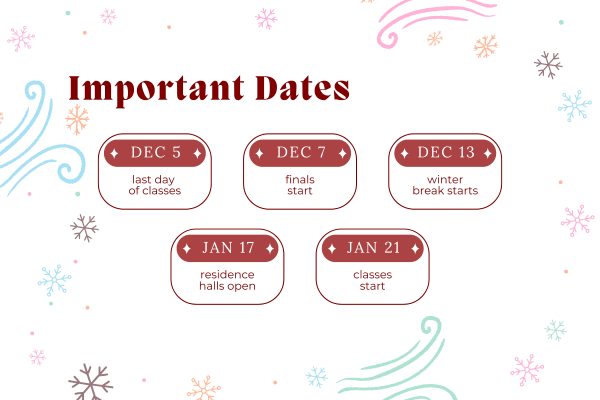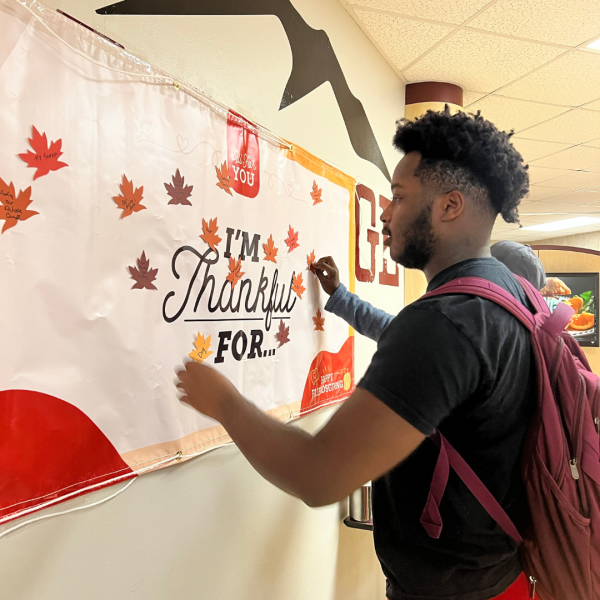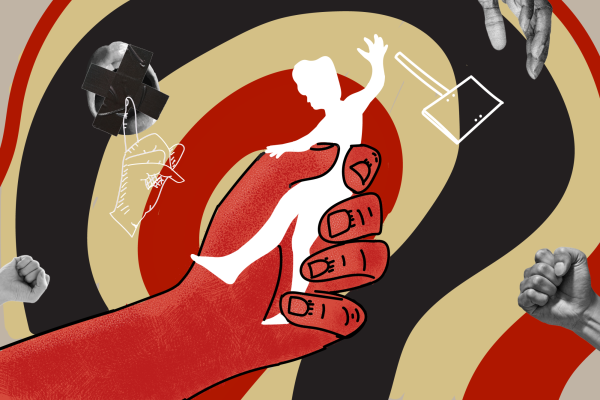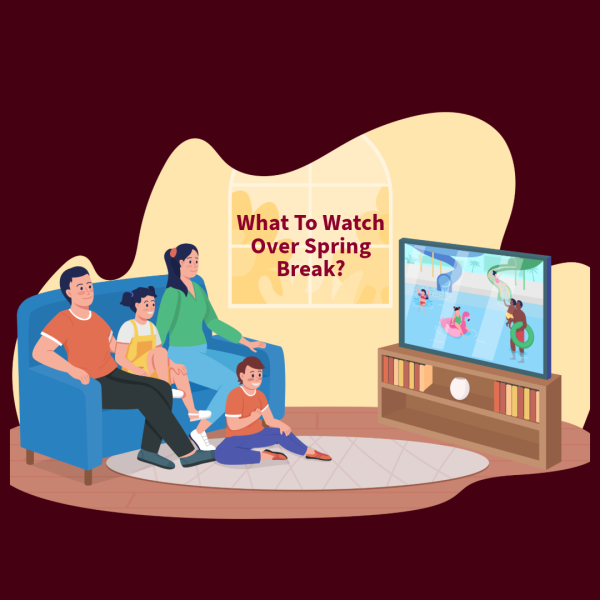A campus divided
West Texas A&M University students have a divided stance on their political views according to the results of a survey conducted by Dr. David Rausch, a political science professor at WTAMU.
The university then distributed the survey to 8,400 students, and was available from Nov. 7 through Nov. 13 and 697 students completed at least part of the survey. The survey asked questions about the students’ views on multiple aspects of information regarding their religion, ideology, and political stance. However, the main focus of the survey was their opinions onf whether or not President Donald Trump should be impeached.
The results showed students had split stances with 33% saying that Trump should be impeached, while 45% were against it, and 18% said that they did not have enough information. The results were accurate based on the ideologies of students because the survey found that 84% of democractic students wanted to impeach the President, and 83% of republicans didn’t want to.
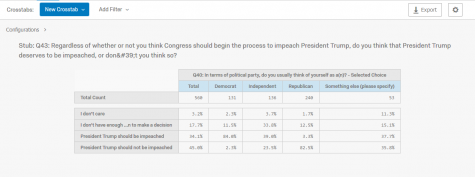
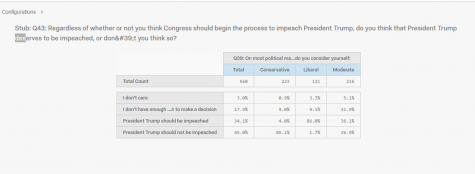
The numbers from the crosstabs above show the 560 students that stated their partisan affiliations. There were 240 republicans, 131 democrats, 136 independent, and 53 other listed as “please specify” participants. These numbers are significant because republicans take up 42% of the participation, and the other three affiliations are each less than 25%. However when you add all three non-republican participants they do make up a good 58% of the participation. Based on those numbers, that shows WTAMU has a significant opposition to republican views. In addition, a total of 560 students shared their political ideology:; 223 republican, 121 liberal, and 216 moderate. Again, the right has the higher rate of participation as an individual party.
When you look at both of the crosstabs, it shows that those on the right side of the spectrum have more involvement or are more informed in political matters than other ideologies or affiliations on campus. Conservatives registered the lowest percentages in the “didn’t care'” and the “I didn’t have enough information” categories. To my surprise, republicans were registering low percentages on the same two categories on the support for impeachment by party portion of the cross tabs as lowest and second lowest respectively.
Another study that can be connected to these ideas, was one performed by Dr. Rausch in back in 1994 in Oklahoma city found that religion can be a factor that can contribute to more political participation and knowledge, and that study can be found here.
The reasons that congregations are involved in politics are because of salient issues; which are issues concerning policies about marriage, abortion, etc. When it came to the question regarding the impeachment ofTrump, the majority of the right did not want Congress to go through that process. A lot of what the president supports is on the basis of the interest of religious beliefs. If you look at the polling results conducted by the Pew Research Center, they broke down the voters by religion of the 2016 election. Trump had a 65-percentage-point margin of victory among voters in this category over Hilary Clinton. This is because of his view on pro-life, and his religious background as a presbytarian.
I believe the reason why the right got more involved in this survey was because of their admiration for Trump. His supporters are passionate, active, vocal and are more prevalent here in the bible belt. A lot of people align themselves with the views of their parents; but when you start getting older you start questioning your own beliefs. The impeachment trial is pointless, because the House of Representatives is Republican and they will not give the Democrats the chance to run the trial. There needs to be groups established in these areas with high-religious influence that are secular and give people resources to participate in politics. Especially for young Americans, I think that news organizations such as FOX and CNN are too biased and rely heavily on headlines and attacking each other rather than actually reporting what is going on in this country.
After analyzing all the data, the numbers we got from the survey were not enough to show an accurate representation of what the campus’ political views as a whole. I found that the response rate of the survey was 8.29%. According to surveygizmo.com, this type of survey typically require at least a 30% response rate. Also, the survey was not available long enough and it went under the weather for the most part despite the efforts to distribute it to more students.



